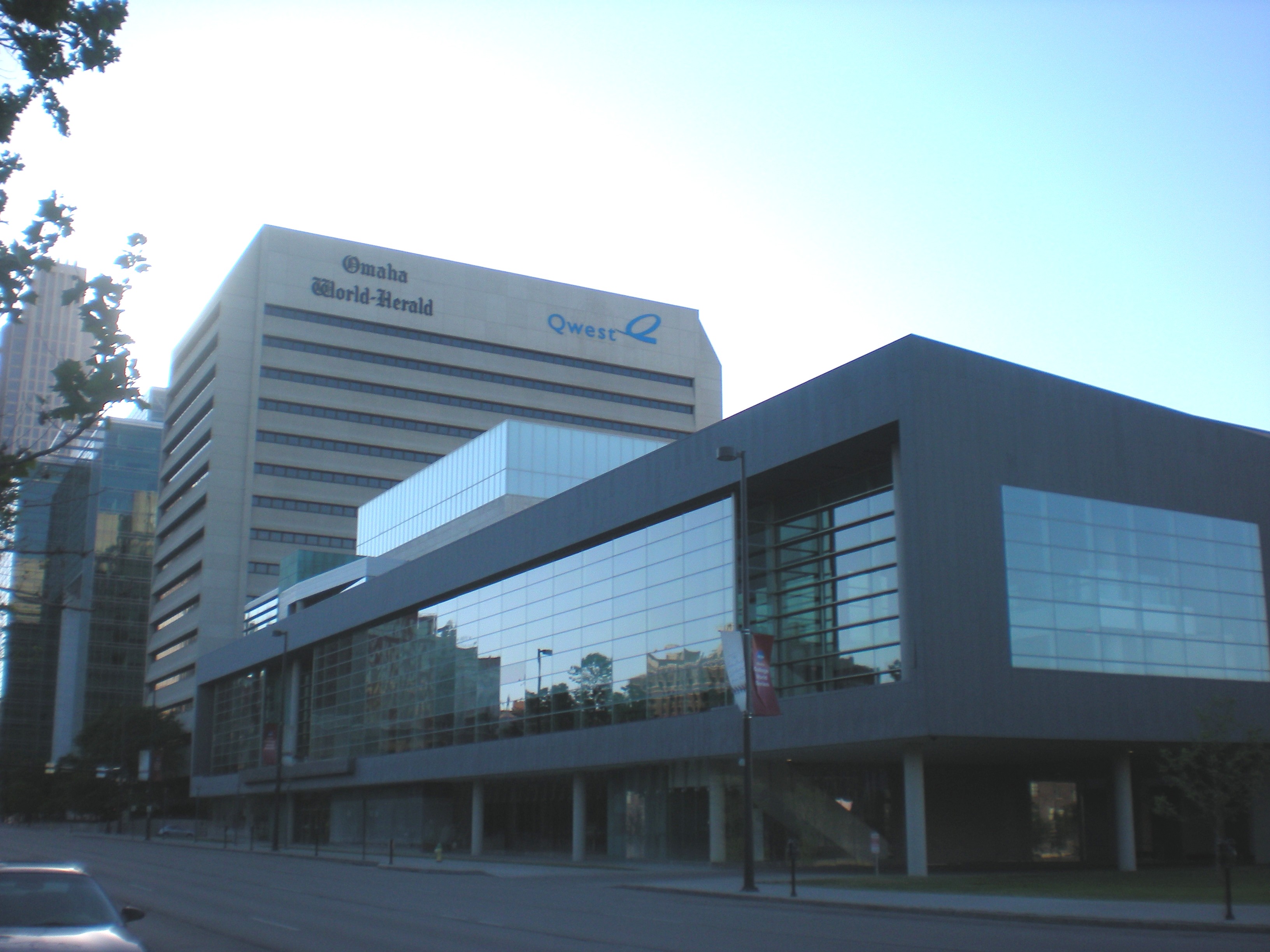This question popped into my head Sunday morning as I finished reading this article in the New York Times, “Flint Wants Safe Water, and Someone to Answer for Its Crisis.” At the end of the piece is this quote from the newly elected Mayor of Flint:
“It does let us know that our voice is being heard. And for such a long time, the residents of the city said, ‘We do not have a voice.’”
There are many reasons why Omaha and Flint are not at all alike, but this quote struck a familiar chord. Over the last few months the public has become aware of proposed redevelopment by Omaha Performing Arts of land adjacent to the Holland Performing Arts Center and the downtown relocation of HDR, a locally headquartered international architecture and engineering firm. Included within this proposed scheme is the redevelopment, possible involving demolition, of a building listed on the National Register of Historic Places. Additionally, city officials may resolve that up to $11,000,000 of taxpayer monies would be used to acquire the redevelopment site, which has an assessed value of only $2,736,300.

This post is not one commenting upon the merits of various aspects of the proposed redevelopment. Rather, I want to reflect upon the dearth of public discourse on issues of public concern. Having recently undertaken a journey of 1,902 miles around Nebraska, a consistent feature was the voicelessness felt by people I encountered. “I have a feeling right here, politically, of helplessness,” said one old-timer I spoke with in a typical small town main street diner. The assembled group bemoaned the arrogant indifference of Omaha and Lincoln to the rest of the state. I recognize the same sentiment in the Omaha community regarding its relation to the loci of decision-making and power as illuminated by the proposed Holland Performing Arts Center and HDR redevelopment.
There is the illusion of transparency and collaboration in forums such as deliberation by public bodies like the City Council and in announcements that the developer will consult with local preservation organizations and convene a charrette involving diverse professional stakeholders. One cannot escape the sense, however, that this is all a fig leaf concealing discussions already had, decisions already made, and plans already hatched.
Omaha suffers from a systemic public and private “need to know” culture accompanied by retribution or fear of the same for speaking up. Our social challenges and accountability for them are not widely acknowledged nor are their possible solutions discussed broadly. Often, the type of community we want to be is not proactively envisioned by the many, but instead happens in reaction to the plans of the few.
This post is not intended to be ideological nor political, save in the etymological sense of the word politics, deriving from the Greek “politikos,” translated as “of, for, or relating to citizens” and the Greek word “polis,” translated as “city” or “community.” This post most definitely is intended to be about people and the place that we call our community.
Whatever its merits, the HDR and OPA redevelopment proposal illustrates an opportunity for the broader community to talk about how we talk about community. Do we want to live in a community characterized by a culture of conversation where it is the norm that conditions, opportunities and networks facilitate and encourage honest, open, meaningful, ongoing dialog about what our community is and what it can be?

“One cannot escape the sense, however, that this is all a fig leaf concealing discussions already had, decisions already made, and plans already hatched.”
^^this. So many times over. I do not live in Omaha anymore, but I remember this feeling well. The idea that dialogue is detrimental, or a nuisance, and that a small number of individuals should at best decide how the city should develop, or at worst bend public processes for their own personal gain, is so troubling.
Thank you. While the content of conversation can be discomforting, even inappropriate, the need for a preference towards the activity of conversation than towards concealment seems pressing.
hey Stuart, I think the only major difference between Omaha and Flint is that the leading employers in Flint were hit earlier by the tectonic shift away from production/industrial capitalism to a capitalism of financialization and that wave is now hitting our shores (see the recent local shakeups of public companies and corporate downsizing), Flint now has a more politically active public than we do and the real question I have is do we have to wait for things to fall apart to get organizing (I appreciate yer emphasis on dialogue/listening but at some point we have to get organized around one set, to be changed as needed, of ideas/methods and not others or those who are focused and active will continue to run right over us) or can we get ahead of the curve?
cheers, dirk
http://yanisvaroufakis.eu/2016/01/21/in-conversation-with-gerardo-pisarello-on-democracy-europe-and-municipalism/
Thanks for your comment, Dirk. I welcome your observation that action or, at the least, proactive and collaborative envisioning (getting ahead of the curve as you note) is also a requirement of any change. Thanks again.